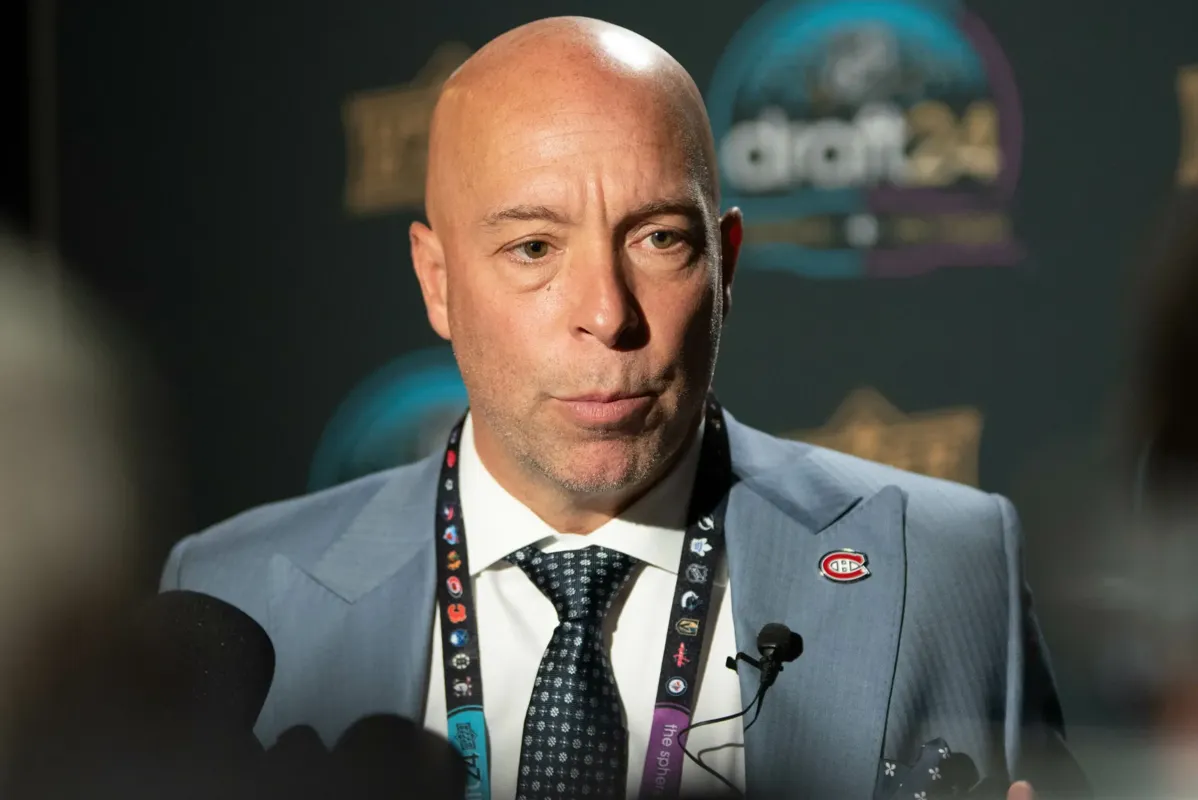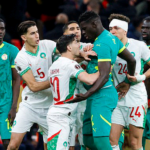Canadiens Stand Pat at Trade Deadline, Rewarding Team’s Effort
As the NHL trade deadline passed this week, the Montreal Canadiens made a notable decision to stand firm and hold onto several of their impending unrestricted free agents, including defenseman David Savard and forwards Joel Armia and Christian Dvorak. This move surprised many, considering that all three players had garnered varying levels of interest on the trade market. Instead of capitalizing on their potential market value, the Canadiens opted to keep their core intact, signaling their commitment to the present team’s chemistry and playoff aspirations.

The decision was influenced by several factors, not the least of which was the Canadiens’ recent surge in performance. After a rough stretch leading into the 4 Nations Face-Off break, where the team had stumbled, captain Nick Suzuki urged general manager Kent Hughes to maintain the group intact. Suzuki’s preference was clear: he wanted to see the team push forward together. Hughes, in turn, promised Suzuki that he would hold off on any major moves as long as the team could prove their competitiveness on the ice. What followed was a strong response from the Canadiens, who won their first five games after the break, followed by an overtime loss in Edmonton. With their playoff hopes still alive and a fresh sense of momentum, the team had made their case.
Hughes’ response was a clear endorsement of his players’ efforts. “The plan was always, from the start of the season, that what we would do today or over the past week leading up to the trade deadline would be dictated to some extent by the team and their play,” Hughes explained. “For sure, when we hit the 4 Nations break, we were on a down, so we thought we would probably do what we’ve done in past years and trade our players. Credit to the team and the coaches, they won five games in a row and turned things around. I promised the players in September in Tremblant that for the first time since I’ve been in Montreal, we didn’t have an established plan at the start of the season and their play would have a say in what we do. So today and this week, in a sense, we rewarded them for their effort.”
The Canadiens could have easily traded away one of their expiring contracts for assets, but the long-term vision appears to have won out over short-term gain. As Hughes mentioned, there was a significant temptation to cash in on the rentals, especially in a market where prices were high for players with term remaining on their deals. However, Hughes also acknowledged the importance of maintaining team cohesion and the cultural impact of such moves. The Canadiens have fought hard to stay in the playoff race, and making trades could have disrupted that balance.
Hughes also touched on the difficulty of navigating this year’s market. With so many teams on the edge of playoff contention, the trade landscape was competitive, and prices for rentals were steep. While some teams made moves to bolster their rosters, Hughes resisted the temptation to add a player at the deadline, opting instead to see where the current roster could take them. “We believe we’re progressing, but we’re far from sitting here today and saying our work is done, that we’ve built a team that we believe can compete on a consistent basis, night in, night out, or season in, season out for a Stanley Cup,” Hughes said. “This was a seller’s market this year, and quite frankly this group of players has gotten the team to this point in the standings.”
While the Canadiens did not make any major trades at the deadline, the message is clear: the team is focused on building a sustainable future. By holding onto their assets and committing to the group they have, the Canadiens are signaling that they believe in their current players and their ability to continue the climb toward playoff contention. The decision may not have come with immediate gains in terms of trade assets, but it sets a tone of stability and belief in the team’s potential moving forward.








